U.S. Air Force B-1B Lancer bombers conducted flights near the Venezuelan coast on 23 October, as the Pentagon confirmed the deployment of the USS Gerald R. Ford Carrier Strike Group to the region.
The missions, first tracked by open-source flight monitoring accounts, occurred amid a wider U.S. effort to increase military presence in the southern Caribbean.
According to flight data, two B-1Bs using the callsign “BARB” departed Dyess Air Force Base, Texas, before flying south over the Caribbean Sea. Tracking data indicated they came within roughly 80 kilometres of Venezuela’s mainland and less than 10 kilometres from Los Testigos islands, supported by a KC-135 tanker and an RC-135 reconnaissance aircraft. An E-11A Battlefield Airborne Communications Node was also detected operating near Puerto Rico, facilitating data and communications.
The Pentagon later said the move was part of “ongoing regional operations” under U.S. Southern Command (USSOUTHCOM), which oversees counter-narcotics and maritime security missions across Latin America. Defence Secretary Pete Hegseth stated on 24 October that the United States had conducted its tenth airstrike against suspected drug-smuggling targets in the preceding 24 hours.
The Independent reported that President Donald Trump denied authorising any flights near Venezuelan airspace, calling the claims “false,” though flight data published by open-source researchers appeared to contradict that assertion. Observers noted that the B-1Bs’ transponders were deliberately activated, suggesting a level of transparency intended for signalling purposes rather than concealment.
Pentagon spokesperson Sean Parnell said the deployment of the Gerald R. Ford carrier group was ordered “in support of the President’s directive to dismantle Transnational Criminal Organisations and counter narco-terrorism in defence of the homeland.” The task force will operate within the USSOUTHCOM area of responsibility.
The operation forms part of a broader pressure campaign against drug cartels and the government of Venezuelan President Nicolás Maduro, whom Washington continues to describe as illegitimate. The flights came shortly after Trump warned that the U.S. “may strike targets on land” if required to defend its interests in the region.


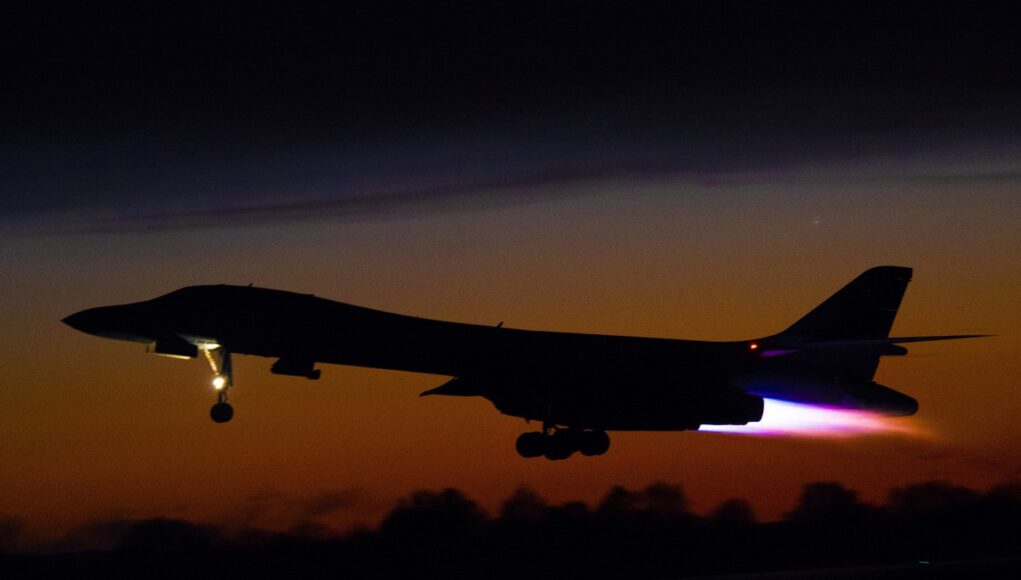
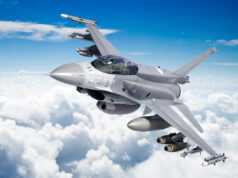
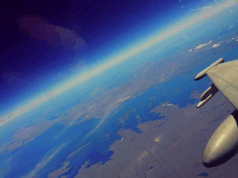
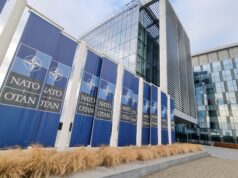
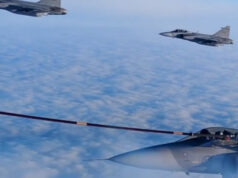
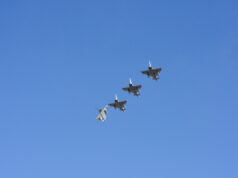

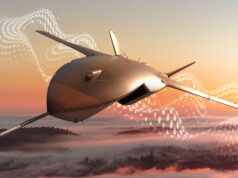
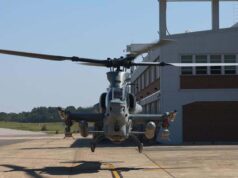
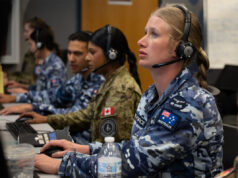
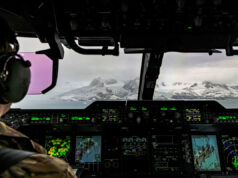

WMD or Epstein Files?
EGO Trip.
Epstein files have kinda fizzled out. With no real interesting leaks and trump refusing the publish the files, there is only so much of the news cycle they can fill repeating the same rumours.
The US getting involved in a number of messy wars in South America and the Middle East is exactly what MAGA voted for. Fortunately after Pete Hegseth and JD Vance’s speech’s in Munich we are not obliged to help out in any way.
I do however believe we should sell the USA any weapons it needs to fight its wars and we should “wish them well” as the Trump administration likes to do .
I am still perplexed where Trump expects to get lede keepers for Gaza. The Muslim world tends to be completely united until it comes to the point of doing anything to help each other beyond bauble comments in the press.
I just don’t see the Saudis or UAE rushing in peace keepers.
Perhaps the USA can turn to its other great ally the Republican of Ireland.
Well not really, MAGA voted for trump who said he would end all wars within days of being elected.
A war with Venezuela really isn’t what we need right now, it would again cause a shock to the supply chains and cause yet more inflation, in a period where the poorest of society both said of the Atlantic are suffering badly from the mess that trump is causing.
Well they do have a point, you dont see americans dragged out in the middle of the night by police because their tweet offended someone.
Doesnt sound like a free country to me
Their supposed problems are nothing compared to the daily idiocy here.
Trump is a typical bully who has probably never had a fight in his life, but acts the tough guy when he can get someone to fight for him! Putin is obviously up for it, but he’s frightened of the man, so pick on the little guy instead!
Maduro is a putin stooge.
Just like the pressure on BRICS and the ouster of Assad, there will be more pressure on Russian proxies.
De-risk from the USA.
A positive relationship, yes – but nothing more. Their actions are deplorable, their leadership child-like, their democracy regressing quickly.
The Americans should be more like Europe, a giant economy so incompetent it can’t even defend itself from a raucous neighbor.
This is partly my point in de-risking. The old arrangement of the west thriving under the American umbrella of influence and security is gone.
All I’m suggesting is that we (finally??) take appropriate steps to reflect that fact.
Don’t think Venezuela have any answer to B1s
Utter nonsense,were you sobbing whilst you typed it🤡